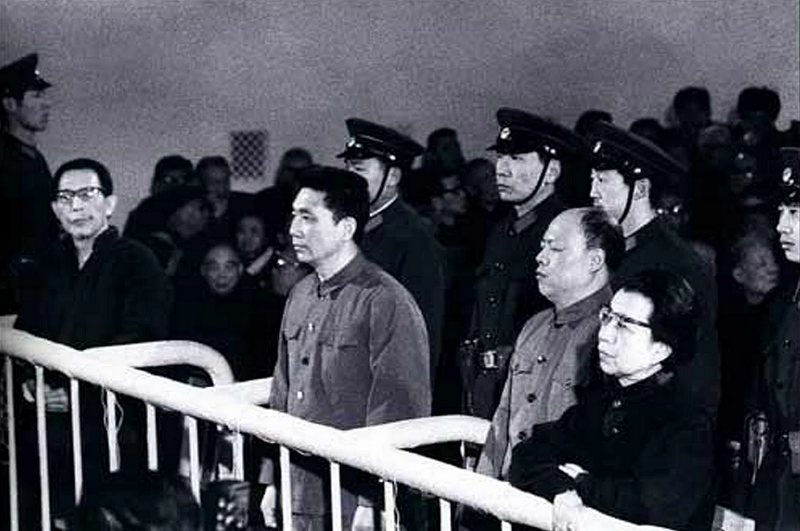Chris Bray rises to passionately denounce [Comrade to be named later] as a traitor to the revolution who must be purged from the movement instantly!
Well-written histories of the Great Terror or the Cultural Revolution — or of the final years of the Roman republic, say for example — have the strange effect of becoming incredibly boring. The 94th bonfire of humanity, appearing on page 678, resembles the previous 93 bonfires. The grim machine of political purges makes brutal depravity tedious. Commissar X, Commissar Y, and Commissar Z run the Committee to Kill Wrongthinkers; then, and you always see this coming, Commissar X, Commissar Y, and Commissar Z are declared to be wrongthinkers, and are tossed on their own bonfire. The managerial tier is always consumed by its own instrument. Purge culture is the center of a politics of repression, the inevitable dynamic of a system that has degenerated to the stage of an unprincipled grasping for status and position. Someone was denounced yesterday; someone is being denounced today; someone will be denounced tomorrow.
In two instances, now — the frenzied shark attack on Matt Taibbi and Michael Shellenberger, and the obviously insane response to RFK Jr. this week — prominent House Democrats have mimicked a cultural style that should be extremely familiar to anyone who has read some history. Debbie Wasserman Schultz is so fascinatingly horrible a figure that she echoes, a bug-eyed ranting halfwitted sociopath with a hollow core like a long historical line of hollow bug-eyed sociopaths. These are the people who are drawn to destructive political stages. Repellent and ascendant, they call to others of the type. Destroyers flock.
I assume you’ve seen some footage from yesterday’s hearing, which was widely covered and widely discussed, so I’m not going to rehash that nasty piece of Theatre of Cruelty. If you missed it, just know that Robert F. Kennedy, Jr. is OBSOLETE OBSOLETE OBSOLETE.
But I want to point at the water underneath the waves we can see in national media, because the presumptions of the Central Commissariat go all the way down.
The week that led to the ritual denunciation of RFK Jr. started with a fascinatingly naked declaration in a Pasadena courthouse. Two California physicians, Mark McDonald and Jeff Barke, are suing the California Medical Board to block enforcement of AB 2098, the new law that threatens the medical license of any doctor in the state who expresses consensus-deviating crimethink about the darkly sacred Covid-19, a High Enemy of the Glorious Motherland. McDonald and Barke are relying on the First Amendment and its protection of the so-called “free speech” trope, a well-known tool of dangerous far-right extremists.
Courts have split on AB 2098, and so far some have declined the premise that this regulation of physicians’ speech is unconstitutional, so the case is now before the 9th Circuit on appeal. A three-judge panel heard oral argument in the case this week, in an architecturally pleasant forum that used to be a luxury hotel. And this is where Deputy Attorney General Kristin Liska said this to the court: “In order to effectively regulate the practice of medicine, the state needs to be able to reach the aspects of speech that are used to care for patients.”
If you take a professional license from the state, the regulatory power of the state reaches your speech acts; you can lose your license not only for harming patients or providing poor quality care, but for saying things that the state disagrees with. Your conversations belong to the government.








